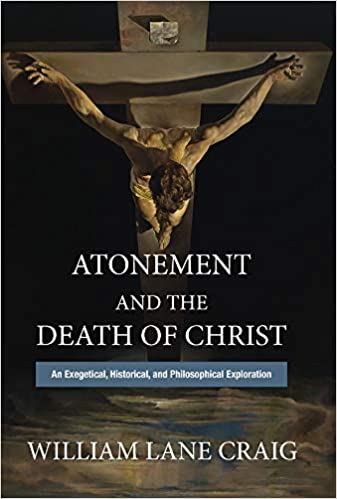Q. One of the problems with analytical philosophy as practiced in North America is that to the average reader of the practice it involves battles over semantics, as if all words should have very precise, very limited meanings. But of course, words often have a spectrum of meanings, and in any case, meaning is determined by the context in which a word is used. Words don’t have meanings in isolation. It is not true that ‘in the beginning was the... Read more















